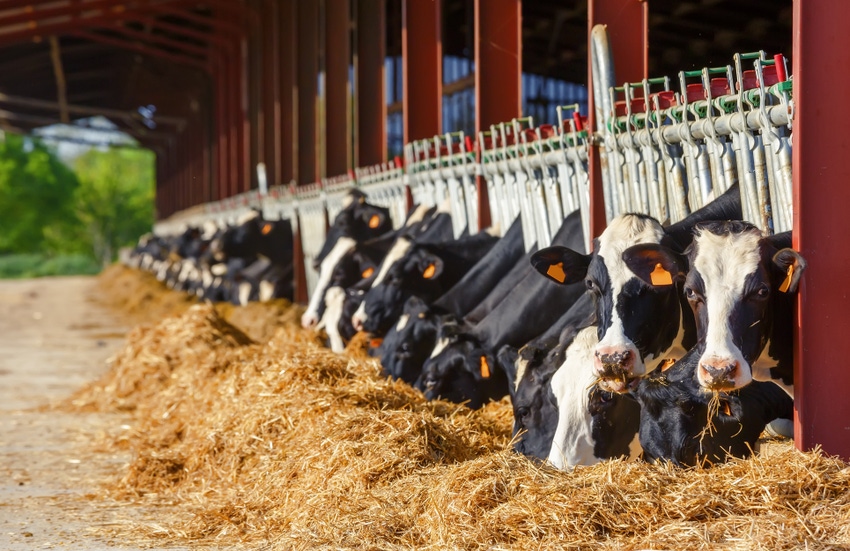Proposal for future of U.S. milk pricing provisions and marketing order reform guides industry as it works to expand exports.

The American Farm Bureau Federation released a proposal for the future of U.S. milk pricing provisions and marketing order reform. The recommendations aim to bring more democracy and a more equitable program for all dairy farmers.
Although federal milk marketing orders (FMMOs) have been a pillar of the dairy industry for more than 80 years, the program has not undergone substantial change in nearly two decades, the Farm Bureau said in a statement. When FMMOs were last reformed, the U.S. exported less than 5% of annual milk production; today, the industry has a goal to export 20% of U.S. milk production by 2020.
A working group consisting of Farm Bureau grassroots leaders and other contributors from the Farm Bureau family prepared a report after broad consultation with industry and academia.
“Milk supplies continue to grow and are expected to reach 250 billion lb. within 10 years. Much of that will be used to produce the dairy products in high demand, such as cheeses, butters and other value-added dairy products and ingredients. At the same time, fluid milk consumption is expected to decline and will likely be surpassed by exports as a percentage of U.S. milk production,” according to the report compiled by the Farm Bureau.
This recommendation would give every dairy farmer a voice by eliminating the ability of co-ops to vote on behalf of member-producers on changes to FMMOs (bloc voting), the Farm Bureau said.
The working group supports the elimination of bloc voting by dairy cooperatives, as this will provide an opportunity for dairy farmers to vote on proposed changes to milk pricing and pooling provisions. The working group said it does not support modified bloc voting. Under modified bloc voting, independent producers receive a ballot, and then cooperative member-producers may petition to vote independently. The cooperative can then bloc vote for all remaining members who did not petition for a separate ballot.
Upon the removal of bloc voting, the working group supports the termination of the provision eliminating an entire FMMO following a “no” vote on a referendum to amend the order. The working group supports modifying the referendum approval threshold to require a two-thirds majority of the voting producers AND a two-thirds majority of the voting milk volume to amend or issue an FMMO. Currently, a referendum needs only two-thirds of the voting producers or two-thirds of the voting milk to be approved.
Another recommendation would improve risk sharing across the supply chain in the product pricing formulas by adjusting the “make allowance” (a fixed deduction or credit for processing milk into finished dairy products) to be variable on a commodity-by-commodity basis, according to the Farm Bureau.
The working group recommends expanding mandatory price reporting to include more value-added dairy products as well as mandatory price reporting for prices paid for milk and milk components. This expansion may require modifications to the specifications, standards of identity and packaging, product age, type of product and product sold under terms of a forward contract. Currently, several dairy product prices are reported by "Dairy Market News," but those prices are reported voluntarily and often as a price range.
Finally, the working group suggests simplifying milk pricing rules in the Southeast by aligning the qualifying criteria for pooling and eliminating transportation subsidies.
Farm Bureau leaders will convene in January to consider and vote on these priorities and policy recommendations. Based on the outcome, Farm Bureau staff will work with stakeholders in the dairy industry and policy-makers to advance the recommendations.
The working group was formed in January 2019 when the Farm Bureau’s voting delegates recommended the formation of a dairy task force to review methods to restructure and modernize the current FMMO system.
About the Author(s)
You May Also Like




.png?width=300&auto=webp&quality=80&disable=upscale)
